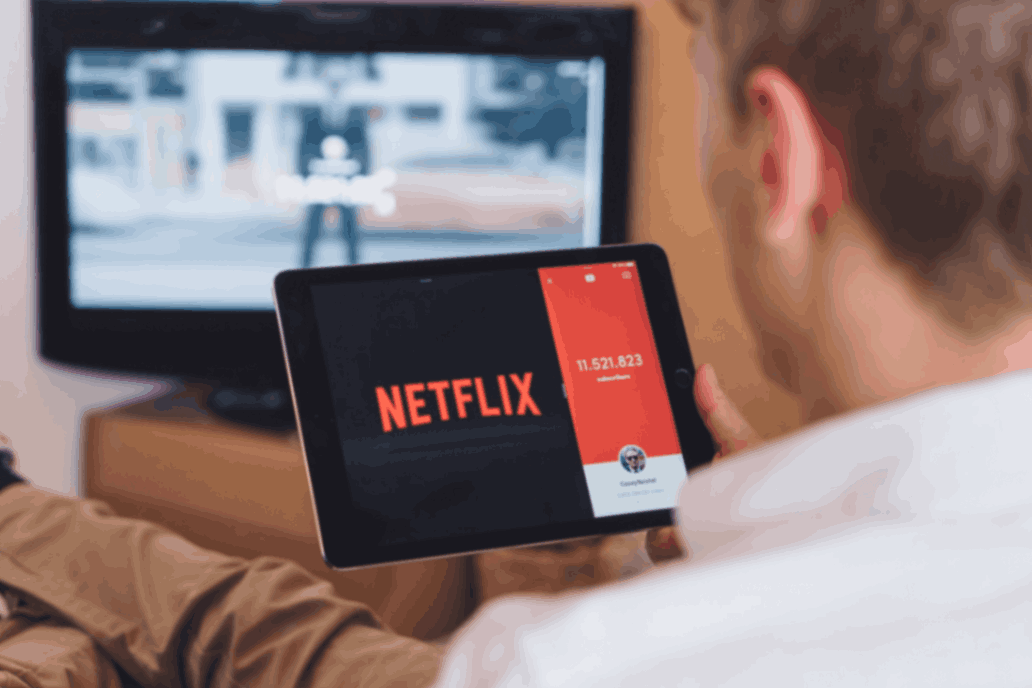In a move that has sparked considerable discussion among tech enthusiasts and financial analysts, Netflix has decided to stop supporting iTunes as a payment method for new members. This shift marks a significant change in the relationship between two of the most influential companies in the digital entertainment and technology sectors. As Netflix continues to expand its global footprint, the strategic implications of this decision are worth examining.
The End of an Era
For years, iTunes served as a convenient payment gateway for many Netflix subscribers. It allowed users to manage their subscriptions directly through their Apple accounts, leveraging the seamless integration and ease of use that Apple products are known for. However, as of late 2018, Netflix quietly removed the option for new subscribers to pay via iTunes. Existing members who had previously set up iTunes billing could continue using it, but new sign-ups were directed to alternative payment methods.
Reasons Behind the Decision
Several factors likely contributed to Netflix’s decision to phase out iTunes billing. The most significant is likely financial. Apple takes a 30% cut of subscription fees for the first year and 15% thereafter, which represents a substantial portion of revenue for any subscription-based service. By directing users to its own payment system, Netflix can retain more of its revenue, which can then be reinvested into content creation, technology, and global expansion.
Another reason is control over the customer relationship. When users subscribe through iTunes, Apple controls key aspects of the billing relationship, including user data and transaction details. By handling payments directly, Netflix gains more direct access to its customers, allowing for better data insights, targeted marketing, and customer support.
Impact on Users
For new Netflix users, the impact is relatively straightforward: they will need to use an alternative payment method, such as credit cards, PayPal, or gift cards, to subscribe to the service. While this might be a minor inconvenience for some, the majority of users are likely to adapt without much difficulty. Netflix has ensured that a variety of payment options are available to cater to different preferences and regions.
Existing users who have been using iTunes for payment will not experience any immediate changes. Their billing will continue as usual, and they will only need to switch payment methods if they choose to cancel and re-subscribe or make other account changes that disrupt their current billing setup.
Broader Industry Implications
Netflix’s move away from iTunes billing is part of a broader trend of companies seeking to reduce their reliance on third-party platforms for subscription management. Other major players in the digital space, such as Spotify, have made similar decisions, often citing the high fees charged by app stores and the desire for more direct customer relationships.
This trend could lead to a reevaluation of the app store business models employed by Apple and Google. As more companies opt to bypass these platforms, the pressure might increase on app stores to reconsider their fee structures and policies to retain major services within their ecosystems.
The Decision
Netflix’s decision to stop supporting iTunes as a payment method for new members is not entirely unexpected. Over the past few years, there has been a growing trend among major subscription services to reassess and often move away from platform-based payment methods like iTunes and Google Play. This trend is primarily driven by the desire to avoid the commission fees charged by these platforms, which can be as high as 30% for each transaction. By encouraging users to pay directly through their own websites or apps, companies like Netflix can retain a larger share of their revenue.
Financial Implications
The financial implications of this move are significant. By bypassing iTunes, Netflix avoids the commission fee, which can substantially impact the overall revenue from subscribers who would otherwise pay through Apple’s platform. Given Netflix’s vast subscriber base, even a small percentage of users paying through iTunes can translate into substantial commission fees. By directing new members to alternative payment methods, Netflix stands to increase its revenue margins considerably.
Moreover, this strategy also allows Netflix greater control over its billing and customer relationship management. By handling payments directly, Netflix can access valuable customer data and usage patterns that can be leveraged for more personalized marketing and improved customer service. This data is often obscured when transactions go through intermediary platforms like iTunes.
Impact on Users : Netflix
For existing users who have been using iTunes for their Netflix payments, there will be no immediate change. The policy affects only new members, meaning those who are already subscribed via iTunes can continue to use this payment method for the foreseeable future. However, new subscribers will need to set up their payments through other means, such as credit cards, debit cards, or PayPal, directly on the Netflix website or app.
While this may seem like a minor inconvenience for some users, it can also be seen as a push towards greater user independence. By setting up payments directly with Netflix, users are less tethered to the Apple ecosystem, potentially making it easier for them to manage their subscriptions and payments more flexibly.
Industry Trends
Netflix’s move is part of a larger trend in the digital content and streaming industry. Companies are increasingly seeking to minimize dependency on intermediary platforms that take a cut of their revenues. Spotify, for example, has long been vocal about the challenges posed by Apple’s commission fees and has similarly encouraged users to subscribe directly through its website rather than through iTunes.
This trend is indicative of a broader power shift within the digital ecosystem. As leading content providers grow in strength and subscriber numbers, they gain more leverage to dictate the terms of their relationships with platform providers like Apple and Google. By opting out of these ecosystems for payment processing, companies can assert more control over their revenue and customer interactions.
Future Outlook
The decision by Netflix to stop supporting iTunes as a payment method for new members is likely to have ripple effects across the industry. It sets a precedent that other major content providers may follow, further challenging the status quo of platform-based commissions. This could lead to more competitive pricing models and potentially better deals for consumers as companies seek to attract direct subscriptions.
For Netflix, this move is a strategic step in optimizing its financial operations and enhancing its control over subscriber management. As the streaming wars continue to intensify, every percentage point of revenue saved can be reinvested into content creation, marketing, and technology development, helping Netflix to maintain its edge in a fiercely competitive market.
Conclusion
Netflix’s decision to stop supporting iTunes as a payment method for new members is a strategic move aimed at increasing revenue retention and gaining more control over customer relationships. While it introduces a minor inconvenience for new users, the long-term benefits for Netflix are substantial. This shift also highlights a growing trend in the digital industry, where companies are increasingly looking to manage their own subscriptions and reduce dependency on third-party platforms. As the digital landscape continues to evolve, such decisions will likely become more common, prompting significant changes in how services are offered and managed across various platforms.
For further insights on this topic, explore more blogs at : seriesspy.com

